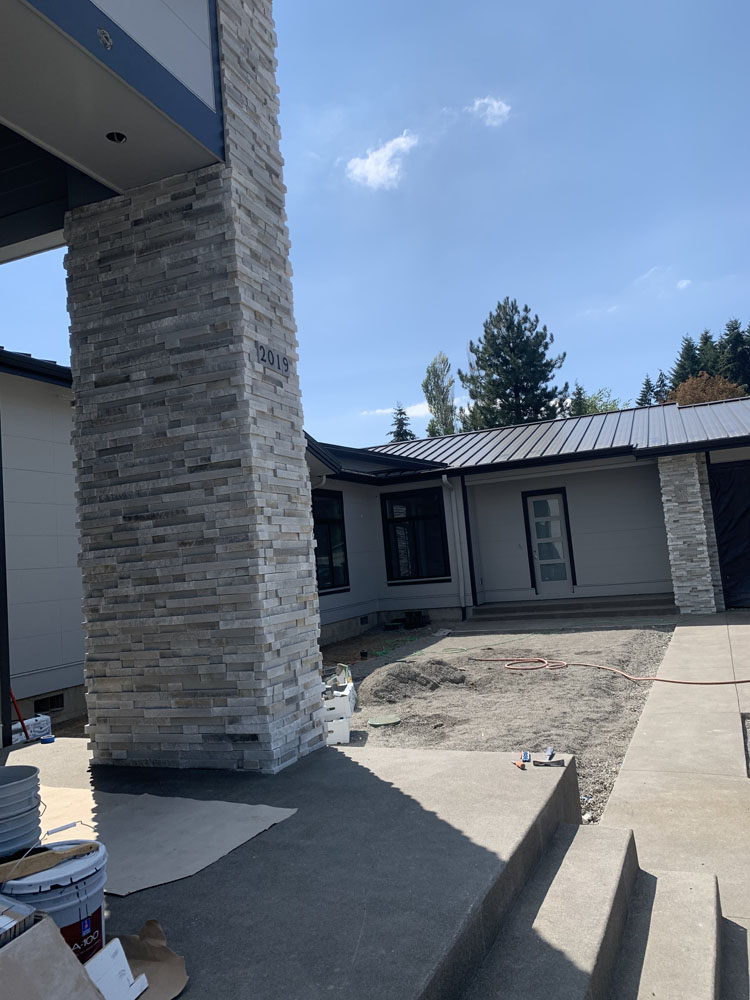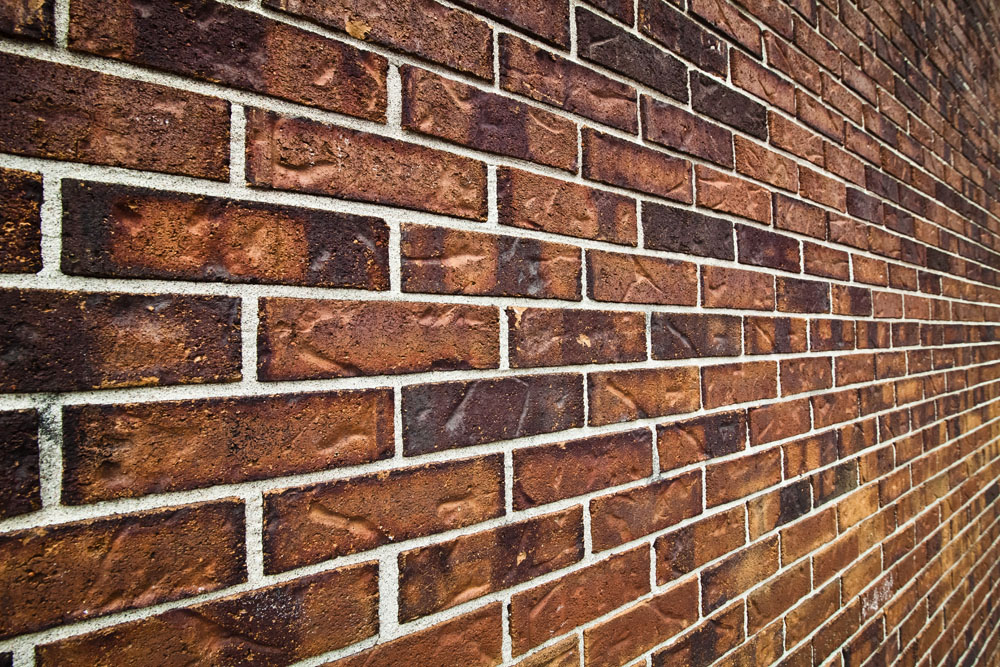Introduction
Masonry has actually been a cornerstone of architectural design and construction for centuries. The strategies used by skilled stonework professionals have developed significantly from the old people that initially utilized the power of rock and brick. In this article, we'll delve deep right into the world of stonework, discovering its abundant history, modern-day mason improvements, and understandings from experienced experts in the field.
What is Masonry?
Masonry describes the structure process that makes use of products such as stone, block, or concrete blocks. It's an approach that not just stands the examination of time however additionally supplies aesthetic allure and architectural integrity. With origins tracing back hundreds of years, stonework has actually been essential in producing several of humanity's most iconic structures.

The Evolution of Masonry Techniques
From Old Rocks to Modern Frameworks: Insights on Masonry Techniques from Seasoned Contractors covers a vast array of masonry practices. This advancement showcases how technologies have changed standard techniques into modern approaches.
Historical Review of Masonry
- Ancient Civilizations: The Egyptians used stone blocks to produce significant structures like pyramids. Roman Innovations: The Romans refined using concrete, allowing for more complicated designs. Medieval Masonry: Gothic sanctuaries showcased intricate stonework that highlighted elevation and light.
Each duration added distinct methods that educated contemporary practices.
Essential Tools Used by Stonework Contractors
Understanding the tools made use of in masonry is essential for appreciating the craft. Here are some main devices utilized by masonry specialists:
Trowel: Utilized for spreading out mortar and forming bricks. Level: Guarantees structures are even. Masonry Saw: Cuts through rocks and bricks with precision. Pointing Tool: For ending up joints between stones.By understanding these devices, service providers make certain quality workmanship in every project.
Types of Masonry Techniques
Different sorts of stonework methods accommodate different building demands:
- Brick Masonry: Traditional yet flexible, block supplies excellent thermal properties. Stone Masonry: Includes utilizing natural rocks; wonderful for durability and aesthetics. Concrete Block Masonry: Economical and solid; perfect for modern-day construction.
Each technique has its benefits depending on task requirements.
The Function of a Stonework Contractor
A stonework specialist plays a crucial role in both property and business projects. They not just bring expertise but also make sure compliance with building codes and regulations.
Responsibilities of a Masonry Contractor
Assessing Task Requirements Sourcing Quality Materials Overseeing Building Processes Ensuring Security StandardsThese duties highlight their important function in successful building projects.
The Significance of Quality Materials
Using premium materials can considerably influence the longevity and appearance of a structure. Seasonal variants can impact material performance, which is why seasoned specialists emphasize picking suitable materials based on environmental conditions.
Common Materials Made use of in Masonry
- Clay Bricks Natural Stone Concrete Blocks Mortar Mixes
Each material offers its function while adding to overall architectural integrity.
Modern Advancements in Masonry
As innovation advances, so do stonework techniques. Modern innovations include:
3 D Printing Technology: Enhancing building processes. Eco-Friendly Materials: Lasting alternatives are obtaining grip among contractors. Advanced Mortars: Improve adhesion and longevity under varying climate conditions.These advancements existing brand-new chances for designers and home builders alike.
Challenges Encountered by Today's Stonework Contractors
Even experienced contractors experience difficulties:
- Weather problems can delay projects. Material scarcities may arise unexpectedly. Adapting to brand-new technologies requires continual learning.
Addressing these challenges is essential for keeping task timelines and high quality standards.
Safety Practices in Masonry Work
Ensuring safety and security on-site is critical for any type of masonry service provider:
Wearing Personal Safety Tools (PPE) Using scaffolding correctly Proper lifting methodsImplementing these techniques helps stop accidents and injuries during construction activities.
Case Researches of Historical Frameworks Built with Masonry
Examining historic structures provides beneficial understandings into effective stonework practices:
The Great Wall surface of China
Constructed over centuries, this significant structure highlights ancient stonework methods still admired today.
Colosseum in Rome
A wonder of Roman design, showcasing advanced concrete use during its time.
By researching these cases, contemporary professionals can amass lessons suitable to existing projects.
Future Fads in Masonry
As we look ahead, numerous trends might shape the future landscape of stonework:
Increased Use of Prefabricated Units Enhanced Sustainability Practices Digital Cooperation DevicesThese patterns suggest just how service providers must remain adaptable to flourish in a progressing sector landscape.
Frequently Asked Inquiries (FAQs)
1. What makes an excellent stonework contractor?
An excellent stonework specialist has experience, understanding regarding materials, attention to information, strong interaction abilities, and adherence to safety protocols-- all important qualities that make certain effective job outcomes.
2. How much time does it require to finish a stonework project?
The timeline differs extensively relying on elements such as project dimension, complexity, product availability, weather, and workforce effectiveness-- varying from weeks for tiny jobs to months for larger building and constructions like structures or walls.
3. What prevail issues encountered throughout masonry work?
Common concerns include dampness seepage resulting in mold development or deterioration over time; inappropriate mixing proportions triggering weak bond toughness; weather-related delays; or unexpected structural complications found during remodellings or fixings-- each calling for careful monitoring by competent contractors.
4. Is it necessary to work with experts for tiny stonework jobs?
While DIY lovers might take on small repair services or installments themselves if they possess sufficient skills/knowledge regarding pertinent tools/materials involved-- it's often a good idea hiring professionals guarantees top quality craftsmanship reduces prospective errors/costly errors down road-- especially when architectural honesty at stake!

5. Exist eco-friendly options offered in masonry?
Yes! Lots of suppliers now generate sustainable items created particularly decrease ecological influence-- such as recycled material bricks/concrete mixes-- permitting clients develop properly without compromising style/functionality!
6. What maintenance does masonry call for over time?
Routine examinations should be conducted determine visible cracks/joint splitting up making sure seals undamaged avoiding water damage-- routine cleaning will certainly additionally keep surface areas looking fresh/appealing while securing underlying framework integrity!
Conclusion
In conclusion, discovering the trip "From Old Rocks to Modern Structures: Insights on Stonework Techniques from Seasoned Professionals" exposes not simply background but also advancement within this old craft-- a testimony durability adaptability presented throughout centuries! With each passing years comes up with brand-new difficulties & & possibilities forming future landscape industry, yet core concepts workmanship stay unmodified directing hands experienced masons today towards producing magnificent enduring jobs design motivating generations yet come!